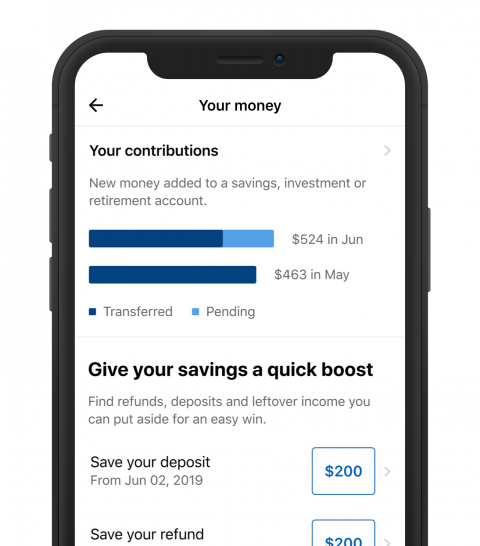From Nerdwallet
Saving money isn’t that hard. What’s hard is keeping money saved.
It’s too easy to cut expenses in one area only to spend more somewhere else. Sticking cash into savings won’t help if it comes right back out again. What you need are some ways to trick yourself into saving money that actually last. Such as:
1. Automate your savings
Willpower is overrated. Set up automatic transfers, and you likely won’t miss the money as it’s whisked from your paycheck to your retirement fund (for example) or from your checking account to savings.
2. Hide your accounts
Part two of the out-of-sight, out-of-mind approach is to make sure you’re not regularly reminded that you have this money. Set up savings accounts at a separate institution from the one that has your checking account, so you’re not seeing your savings balance every time you log on. Sign up for paperless statements for retirement accounts, and then don’t check them more than once or twice a year. (But don’t ignore these accounts entirely — set up text or email alerts for any withdrawals or unusual activity so you can catch fraud.)
Find ways to save with NerdWallet
3. Name each savings account
Labeling an account with its purpose can be a powerful deterrent to tapping the money for other uses. Online banks allow you to set up multiple sub-accounts at no extra cost, and each one can be given a name: vacation, property taxes, new car fund, holidays and so on. It’s a lot easier to dip into a nameless savings account than one that says “Dream Trip to Bora Bora.” The names make you think about what you’re really sacrificing when you spend the money thoughtlessly. You may not be able to rename your employer retirement fund, but you often can input nicknames for IRAs and other brokerage accounts. How about “Freedom Fund”?
4. Use an app
Digit analyzes your checking account transactions, then transfers money you won’t miss into a Digit savings account. Acorns does something similar but looks across all your accounts and invests the spare money. Bank of America has a program called Keep the Change that rounds up debit card purchases to the nearest dollar and transfers the change into your savings account.
5. Lock up your funds
You should keep at least $500 cash easily accessible for small emergencies. Beyond that, consider creating some barriers to accessing the money. Certificates of deposit can be a good option for savings accounts, since you pay a small penalty if you break into them early. If you’re tempted to cash in retirement funds, remember that taxes and penalties typically will equal 25% to 50% of any withdrawal.
6. Save your rewards
Use a cash-back rewards credit card for your expenses, pay the balance in full every month and regularly transfer the rewards to your savings account or IRA.
7. Divert your savings
Every time you cancel a subscription, disconnect a service or pay off a debt, divert that monthly payment into savings.
8. Bank your windfalls
Define a windfall broadly as any extra money that lands in your lap: rebates, bonuses, refunds (including your tax refund). Carve out 10% to spend any way you want and then save the rest.
9. Make it a game
Some people save every $5 or $10 bill that wanders into their wallets. Others stuff every $1 bill they get into a change jar at the end of the day. Every month, feed the green to your savings account.
10. Save your raise
Got a 3% raise? Boost your 401(k) or IRA contribution by at least 2%. You’ll get a little extra in your paycheck while putting most of your raise to work for your future.





























